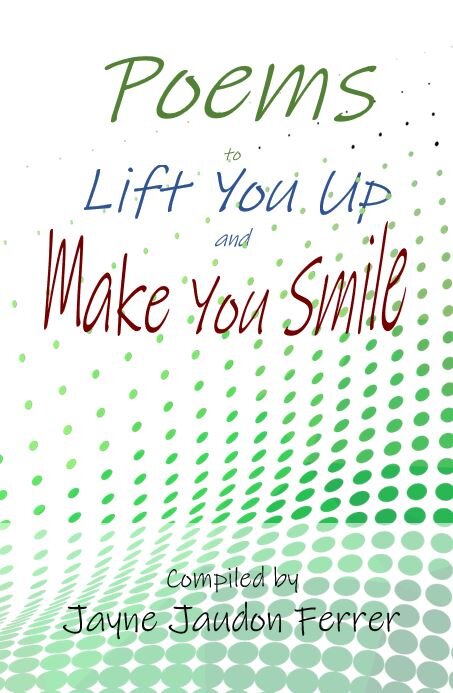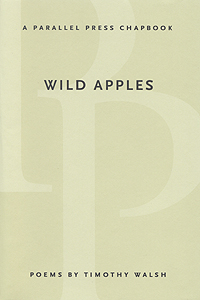Beneath thin red skin
is soft white flesh, both tart and sweet.
Locked within sleep tomorrow's trees.
Round like worlds, clustered like galaxies
cut them sideways to see stars within.
They hang in thousands through this thicket,
this old abandoned orchard
some forgotten homesteader dreamed
into life and left to run rampant
across this sloping ridge.
A dozen storm-bent parent trees still live
Gravenstein or Spitzenberg, perhaps
their apples dwarfing the small and twisted fruit
of the countless wild crabs that have sprung
from the orchard apples' seeds.
That is the way of apples, always reverting
to wilder strains, no two entirely alike,
since apples are, like us, not true to seed.
Down the road, the neat and grafted groves
proclaim the sure profit of convention.
A sunburnt orchard man scythes back
the creeping progress of the thicket
against his trim and measured rows.
If you listen, he'll explain the virtues
of grafting, of removing all sky-bound limbs,
warning that it is far easier to make a thicket
of a grove than a grove of a thicket.
But somewhere in his bones, he knows
the unknown in apples sleeps
within a few black kernels,
while from grafting nothing new can come.
If this alphabet were a clutch of seeds,
this page a new-turned soil, imagine
what might burst wild as spring seedlings
upon some fallow slope of the mind,
words budding in upland hollows
to bear strange new fruit and fill
our cups with strange dark ciders. . . .
Wild apples hang high above our heads.
In them, hear echoes of thunder, resonance
of rain. After sunset, come wander
through the night, and together we shall know
words as wild apples,
poems as flowering crabs.
From Wild Apples (Parallel Press, 2004).
Used with the author's permission.








.jpg)